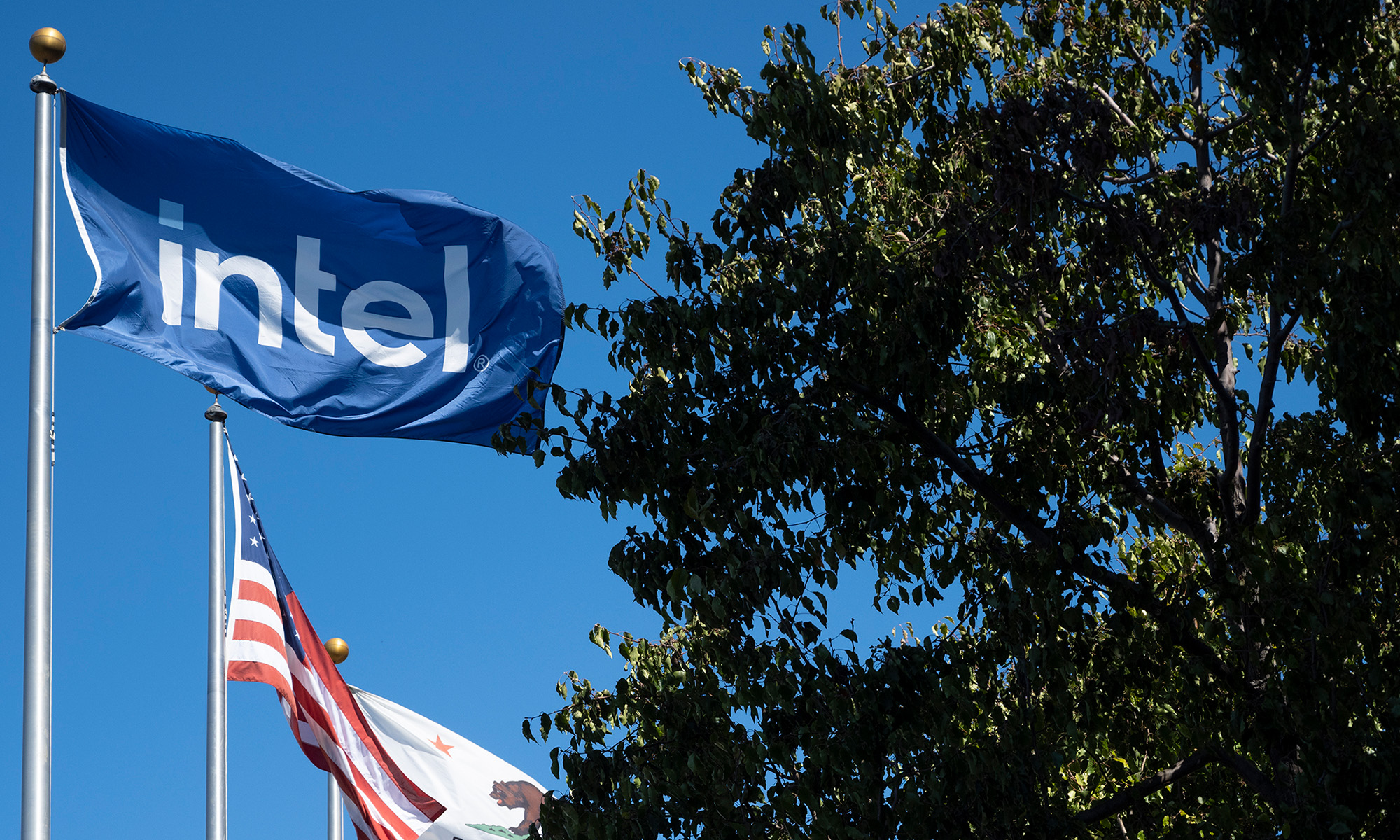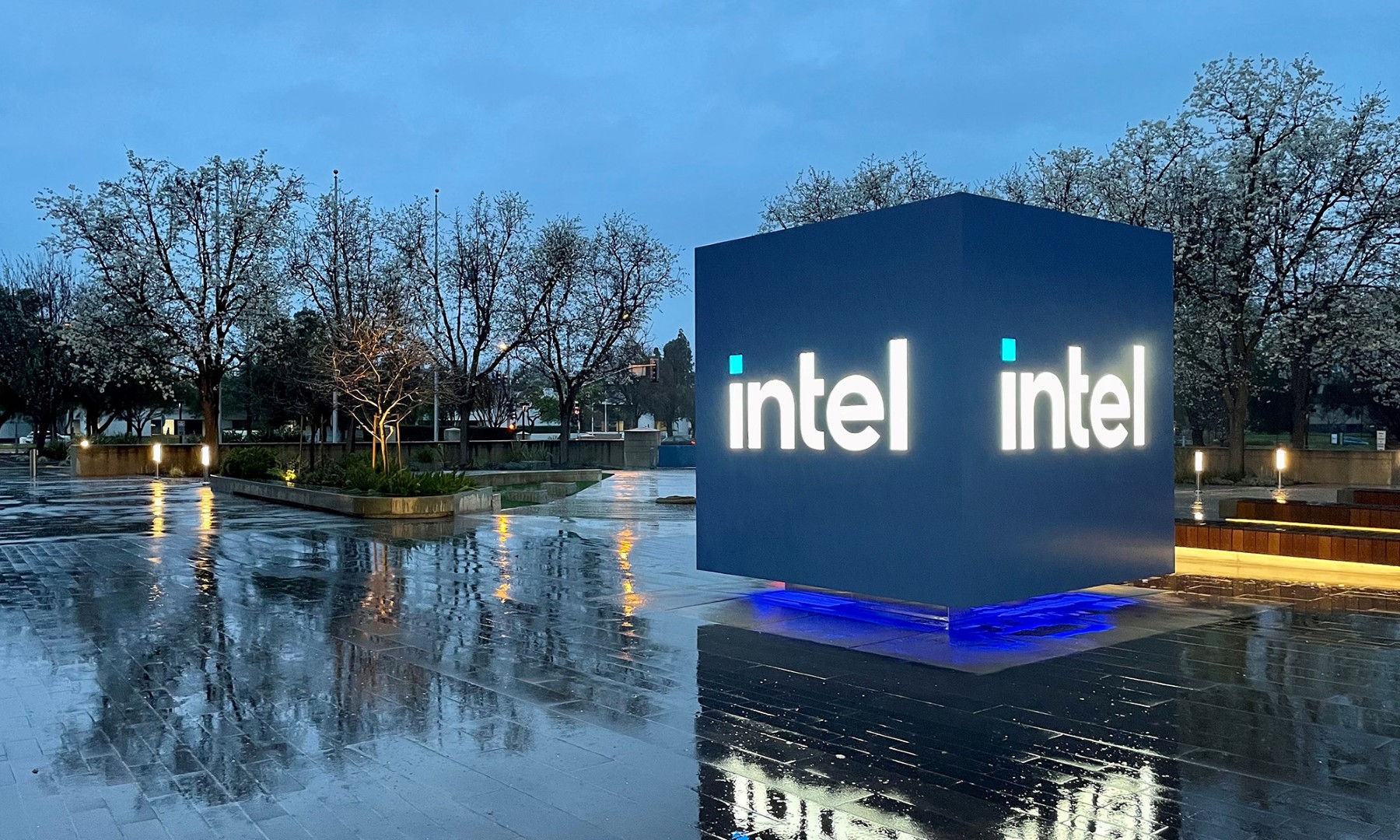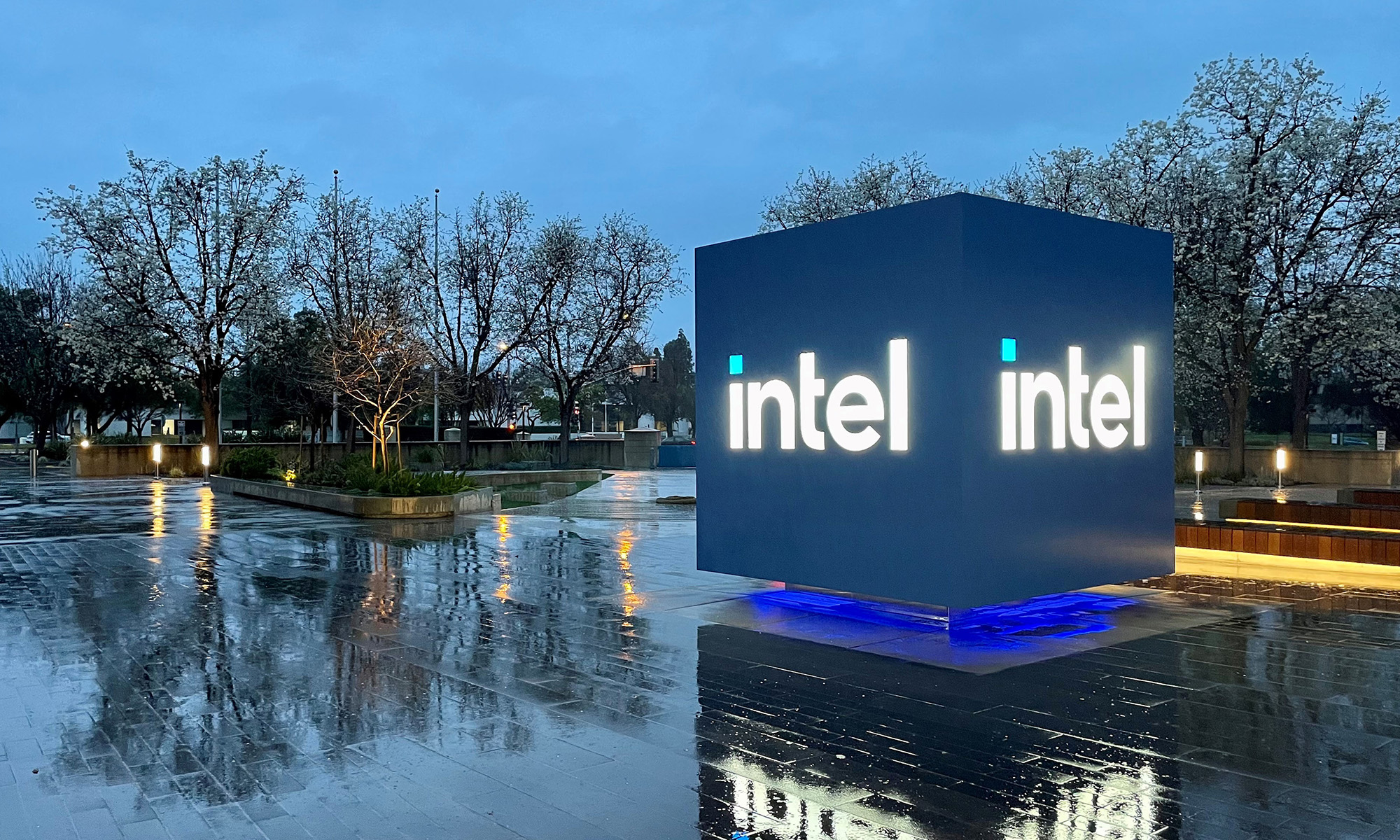
Image source: Intel via PCWorld.
According to DigiTimes, microprocessor giant Intel (INTC +10.80%) had originally planned to introduce its Kaby Lake CPUs (seventh-generation Core processors) for desktops in June, just in time for the Computex trade show. However, the publication reports that Kaby Lake for desktops has been delayed into October, which, in turn, has led to a delay of motherboards utilizing Intel's new 200-series chipsets until September.
On the other hand, a report from computer hardware website Tweak Town claims, citing "industry sources," that motherboards based on the 200-series chipsets will be unveiled at the Computex trade show in just a few days.
Which of these two rumors is more likely to be correct? Let's take a look.
What's the upside of releasing new chipsets without CPUs?
First off, there's not going to be a huge difference between the 100-series chipsets currently in the market and the 200-series chipsets that are coming. Think of the 200-series chipsets as slightly better variants of the 100-series chipset.
Both the current 100-series and upcoming 200-series chipsets are expected to support current Skylake processors as well as the upcoming Kaby Lake processors.
The way I see it, there are two types of potential buyers of these 200-series chipsets ahead of the launch of the new Kaby Lake processors themselves:
- The first type of customer would be those that want the bells and whistles of the new motherboard but don't care about the modest increase in performance that Kaby Lake is likely to bring. These customers could buy new, 200-series boards for the board-level features, pair it with a high-end Skylake desktop chip, and be done with it.
- The second type of customer would be those who want to eventually move to Kaby Lake processors, but also want to get the bulk of their system built now. These customers may buy new 200-series boards, pair them with very cheap low-end Intel Skylake processors, and then upgrade to Kaby Lake processors when they become available.
It's not clear how significant those two target audiences are in the context of the enthusiast desktop market. I would imagine for the vast majority of non-enthusiast desktop buyers, the chipset on the motherboard doesn't mean a whole lot.
What's the downside?
There are a couple of downsides to Intel releasing these new chipsets well ahead of Kaby Lake CPU availability. For one, these boards are unlikely to ship with BIOS firmware that fully supports Kaby Lake. This wouldn't be a problem for customer types (1) and (2) mentioned above because they are going to pair these boards with Skylake chips anyway.
The problem actually arises for the motherboard makers and their channel partners. So, for example, if Newegg.com buys a bunch of Z270-based enthusiast motherboards from motherboard makers and starts selling them in June, they had better make sure to drain all stock of the boards without the Kaby Lake-supporting BIOS firmware.
Why? If Newegg.com doesn't drain the initial batch of boards from its inventories before newer ones with support for Kaby Lake in firmware shows up, then a customer who comes along after the Kaby Lake launch to buy a 200-series board to go with a Kaby Lake chip may find him/herself needing to perform a BIOS firmware update without having a chip that the motherboard even recognizes.
Some boards allow for BIOS firmware updates without having a CPU installed at all, but not all of them do. And, frankly, most users don't want to go through that hassle.
Beyond this potential snag, motherboard resellers and motherboard makers themselves may still have existing stock of 100-series based boards that they need to sell.
Of course, the motherboard makers work with Intel so they should know when the new chipsets will be announced, but if Intel had told the motherboard makers one time frame (say, September) but then pulls in the official announcement to May/June, then that could be problematic from an inventory management perspective.
I'd listen to DigiTimes
At this point, I'm more inclined to believe DigiTimes than Tweak Town. The new features in the 200-series boards should be nice, but they are hardly game changers. In fact, Kaby Lake itself is probably not going to be all that interesting for most desktop buyers to begin with, as it is likely to bring modest improvements at best to CPU performance -- which is what most do-it-yourself PC builders probably care about anyway.






